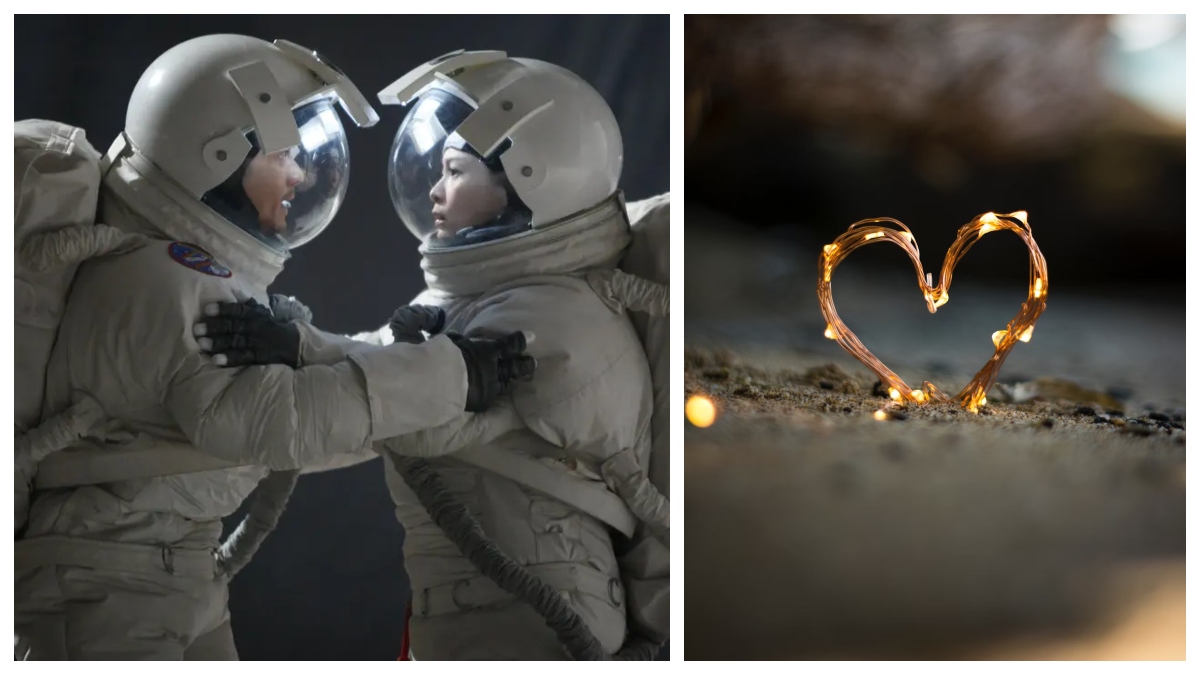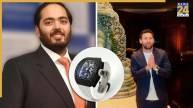Throughout history, humans have held a deep fascination with outer space. From sending spacecraft to explore asteroids to deploying rovers on Mars, our exploration of the cosmos has been ongoing. The upcoming Artemis III mission represents a significant endeavor to send astronauts back to the Moon, marking the first human lunar mission since Apollo 17 in 1972.
Astronauts currently live on the International Space Station (ISS), engaging in activities such as cultivating vegetables and conducting various scientific experiments. However, with humanity’s aspirations to explore space more extensively, including potential missions to Mars, an unanswered question emerges: can humans have sex and achieve pregnancy in the unique environment of space?
Given the microgravity conditions in space, the challenges associated with maintaining a stable position make it seemingly impractical for humans or objects to stay in one place. However, there is currently no scientific evidence or conducted experiments to conclusively confirm or rule out the logistical possibility of engaging in sexual activity in space.
Adam Watkins, an associate professor in reproductive and developmental physiology at the University of Nottingham, emphasized the lack of concrete information on this matter, stating, “No one has had sex in space, or at least admitted having sex in space,” as reported by Newsweek. This highlights the absence of definitive data or documented instances regarding human sexual activity in a microgravity environment.
Determining the feasibility of engaging in sexual activity in space is complicated. The limited space on the International Space Station makes it challenging to find a private area. Additionally, astronauts’ busy schedules may make it difficult to find time for personal activities, including intimate moments.
Apart from the challenge of staying still in microgravity, there’s another issue to consider—bodily fluids. In microgravity environments, liquids tend to form spherical clumps and can float around unless promptly managed. This adds an extra layer of consideration when thinking about the practical aspects of sexual activities in space.
Maria Santaguida, a research fellow at the Astrosexological Research Institute, emphasized the potential for devices, including masturbation aids with fluid suction features, to address the impact of weightlessness on bodily fluids. Despite the absence of such devices designed for space use, Maria highlighted the importance of technological advancements in making sex in space not only feasible but also safe and enjoyable.
Also Read: 1 Elderly Killed Every 8 Days: Why Is Parent-Killing Trending In Japan?
Addressing the challenges of space pregnancy, Watkins acknowledged the uncertainties surrounding conception in space due to microgravity. Additionally, the microgravity environment could not only pose difficulties in achieving pregnancy but also raise concerns about potential developmental defects in the fetus.
In a similar vein, advanced technologies offer solutions to the challenges posed by microgravity. Watkins proposes that the absence of gravity can be addressed through the use of centrifugal devices, which can compensate for the lack of gravitational forces. Gravity plays a pivotal role in shaping the development of the womb, and employing such devices can potentially overcome these limitations.
Furthermore, in the context of human travel to Mars, other planets, or moons, Watkins suggests an alternative approach. Instead of sending an already pregnant woman, it could be feasible to transport freeze-dried sperm, eggs, and embryos, providing a workaround for the complexities associated with gestation in space environments.
Another challenge adding to the difficulty of sex and pregnancy in space is the occurrence of erectile dysfunction in male astronauts. Previous research indicates that male astronauts returning from space missions may experience issues related to erectile dysfunction. This highlights an additional physiological aspect that needs to be considered when addressing the broader challenges of human reproduction and sexual health in space environments.
Also Read: Maheshwer Peri Who Shattered Arindam’s IIPM Now Challenges Vivek Bindra













